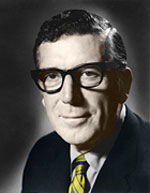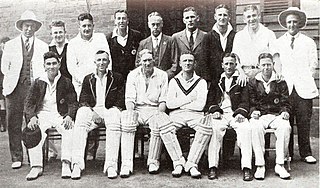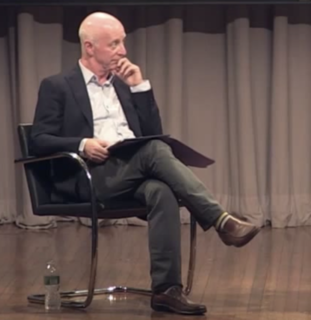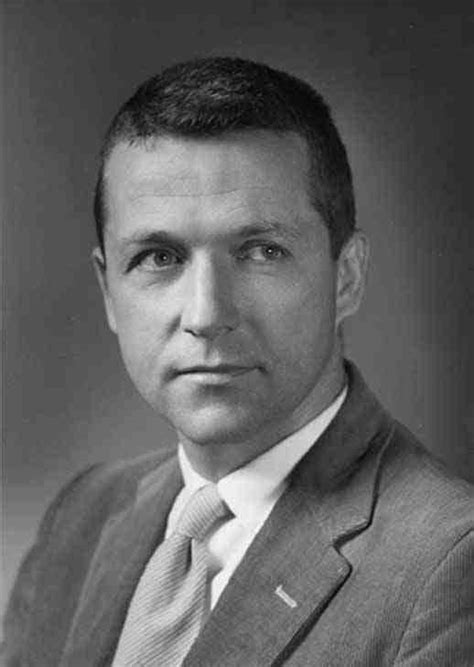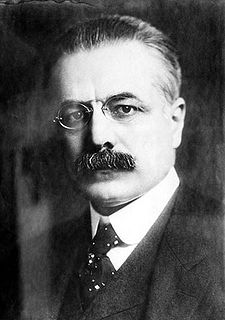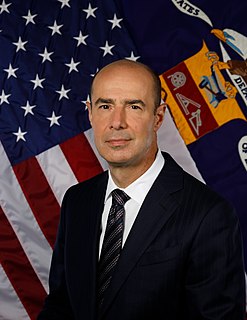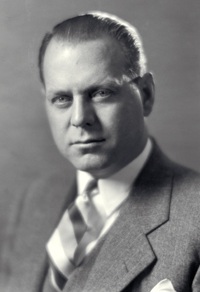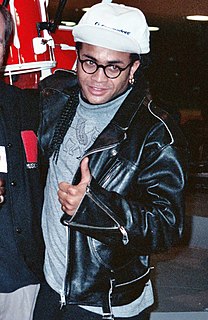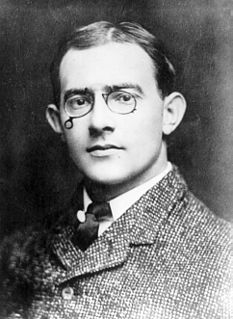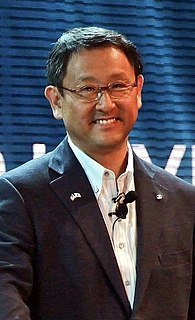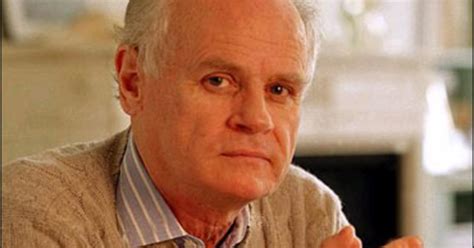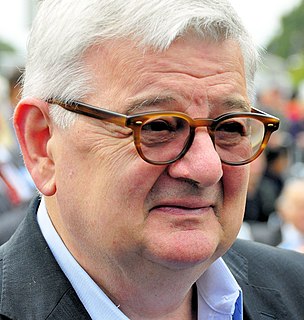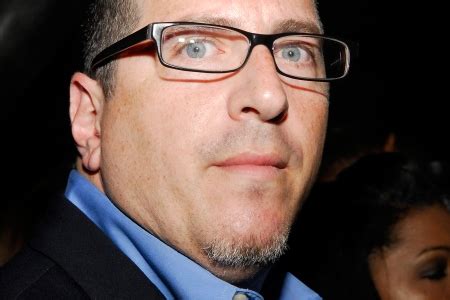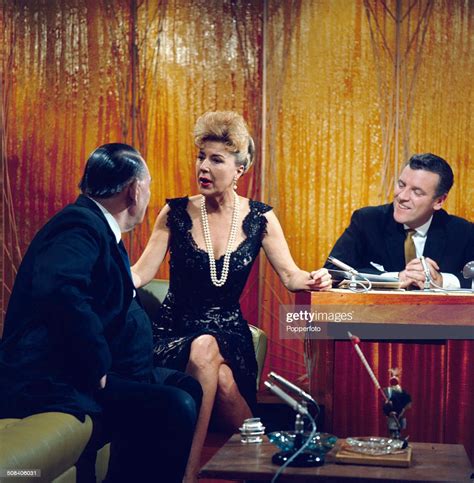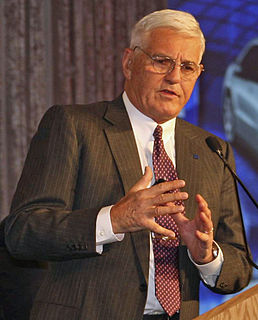Top 1200 Automobile Industry Quotes & Sayings
Explore popular Automobile Industry quotes.
Last updated on April 14, 2025.
In every phase of the automotive industry, certain factors have been more important than all others in relation to the way the automobile has looked. Phase One is really the Ford story. Function and production were the most important considerations. The automobile was an invention, and it looked like one.
The electronics industry expanded rapidly and the seeds for the semiconductor and software revolution were planted. The postwar period also saw the suburbanization of America, the rise of the homeowner, the build-out of the interstate highway system, and the rise of automobile culture. Credit availability expanded dramatically.
Cars aren't merely modes of transit or material possessions to Texans; they are something of a state treasure. We share a special, almost religious attachment to the automobile, rooted, I suppose, in our mythological relationship to the horse, our economic underpinnings in the oil industry, and the inescapable fact that to get anywhere in this state, you have to cover a lot of ground.
Today is such a time, when the project of interpretation is largely reactionary, stifling. Like the fumes of the automobile and of heavy industry which befoul the urban atmosphere, the effusion of interpretations of art today poisons our sensibilities. In a culture whose already classical dilemma is the hypertrophy of the intellect at the expense of energy and sensual capability, interpretation is the revenge of the intellect upon art.
This country has achieved its commercial and financial supremacy under a regime of private ownership. It conquered the wilderness, built our railroads, our factories, our public utilities, gave us the telegraph, the telephone, the electric light, the automobile, the airplane, the radio and a higher standard of living for all the people than obtains anywhere else in the world. No great invention ever came from a government-owned industry.
Evil is thus a kind of parasite on goodness. If there were no good by which to measure things, evil could not exist. Men sometimes forget this, and say, there is so much evil in the world that there cannot be a God. They are forgetting that, if there were no God, they would have no way of distinguishing evil from goodness. The very concept of evil admits and recognizes a Standard, a Whole, a Rule, an Order. Nobody would say that his automobile was out of order if he did not have a conception of how an automobile ought to run.
When you buy a used car, you kick the tires, you look at the odometer, you open up the hood. If you do not feel yourself an expert in automobile engines, you bring a friend who is. And you do this with something as unimportant as an automobile. But on the issues of the transcendent, of ethics, of morals, of the origins of the world, of the nature of human beings, on those issues should we not insist upon at least equally skeptical scrutiny?
If you look for instance at the automobile industry, part of the reason that you have the expansion of that sector, is precisely because we have gone out to talk to the automobile companies to explain government policy with regard to that sector, to talk to them about the MIDP and things like that. And indeed, it has been a very important part of attracting those investors to put in money in the South African economy and build motorcars in South Africa.
At Car and Driver, we were convinced that the automobile, as we knew and loved it, was as dead as the passenger pigeon. Ralph Nader was at full cry, ringing his tocsin of automobile doom into the brains of the public, convincing them that the lump of chrome and iron in the driveway was as lethal as a dose of Strontium 90 or a blast from a Viet Cong AK-47.
Automobile is one of the most successful inventions of all time, but in my view, it is thoroughly obsolete already. And so by fundamentally rethinking the automobile, thinking of it as a robot on four wheels, essentially, something that can communicate with other intelligent devices, it can operate in a coordinated way, you can really start to fundamentally rethink urban personal mobility.
Of agitating good roads there is no end, and perhaps this is as it should be, but I think you'll agree that it is high time to agitate less and build more. [Here is] a plan whereby the automobile industry of America can build a magnificent "Appian Way" from New York to San Francisco, having it completed by May 1, 1915 and present it to the people of the United States.
There was a study done in the early 20th century of all the entrepreneurs who entered the automobile industry around the same time as Henry Ford; there were something like 500 automotive companies that got funded, had the internal combustion engine, had the technology, and had the vision. Sixty percent of them folded within a couple of years.
We suffer not from overproduction but from undercirculation. You have heard of technocracy. I wish I had those fellows for my competitors. I'd like to take the automobile it is said they predicted could be made now that would last fifty years. Even if never used, this automobile would not be worth anything except to a junkman in ten years, because of the changes in men's tastes and ideas. This desire for change is an inherent quality in human nature, so that the present generation must not try to crystallize the needs of the future ones.
What the carburetor, sparkplug and self-starter are to an automobile, initiative, private enterprise and executive ability are to industry as a whole, including the wage earner, wage payer, wage spender and wage saver, i.e., the investor. If the sparkplug and self-starter get out of commission, the car will come to a standstill.
I don't want to follow the map of what the music industry does because I've already lived the industry and I still live the industry so I already understand how it works. The industry doesn't really like us around anyway once we get older because we know too much so, that's fine - cut us off - and we'll find another way to get it out there.
You'll be riding along in an automobile. You'll be the driver perhaps. You're a Christian. There'll be several people in the automobile with you, maybe someone who is not a Christian. When the trumpet sounds you and the other born-again believers in that automobile will be instantly caught away - you will disappear, leaving behind only your clothes and physical things that cannot inherit eternal life. That unsaved person or persons in the automobile will suddenly be startled to find the car suddenly somewhere crashes.
Everybody thinks an automobile needs an engine. Well, an automobile doesn't necessarily need an engine. What we do is shift electric motors into the wheels of our automobiles and so we have a completely different kind of thing where we have four independent intelligent wheels rather than a traditional internal combustion engine and power train and so on.
The future of the German automobile industry is very much at stake. Will we help shape the upheaval that goes along with the shift to electric cars or will we suffer from it? We are the country of automobiles. If we aren't able to remain out front technologically, it will be painful. That is one of the decisive questions when it comes to jobs, income and prosperity - and not just for a few of the wealthy or super-rich, but for a huge number of people.


